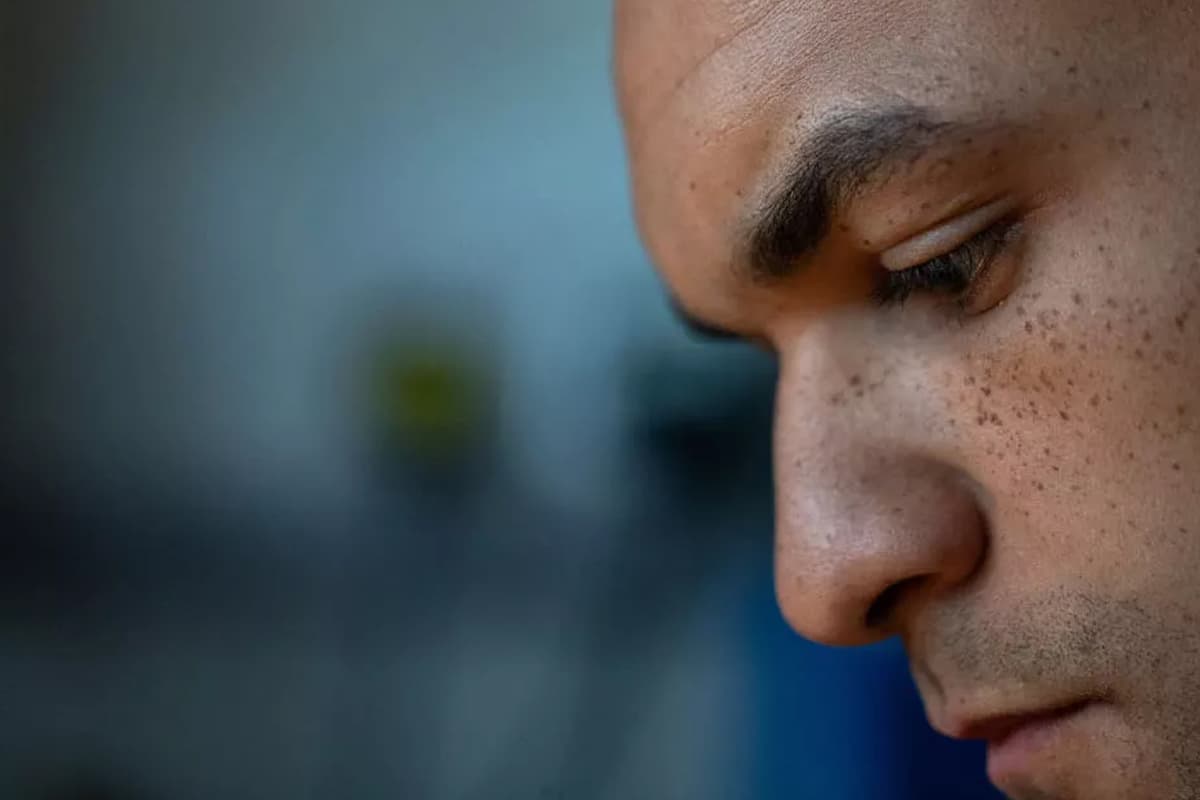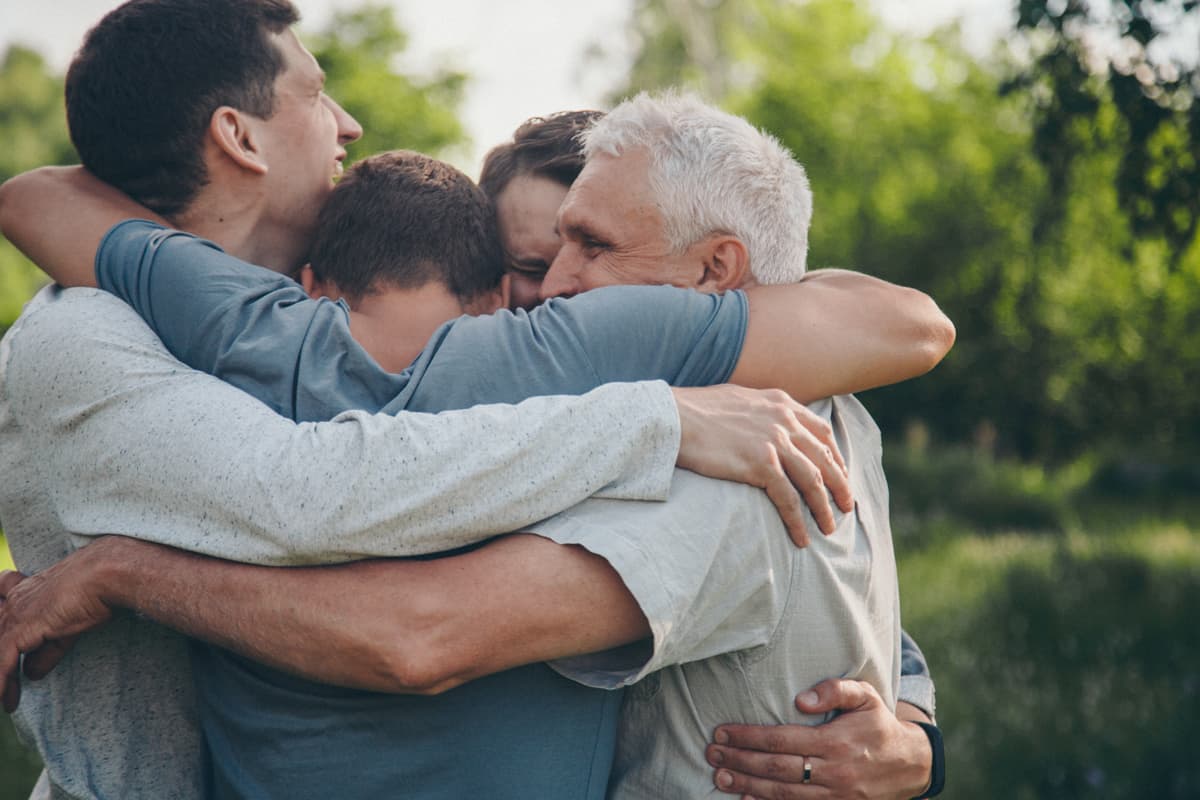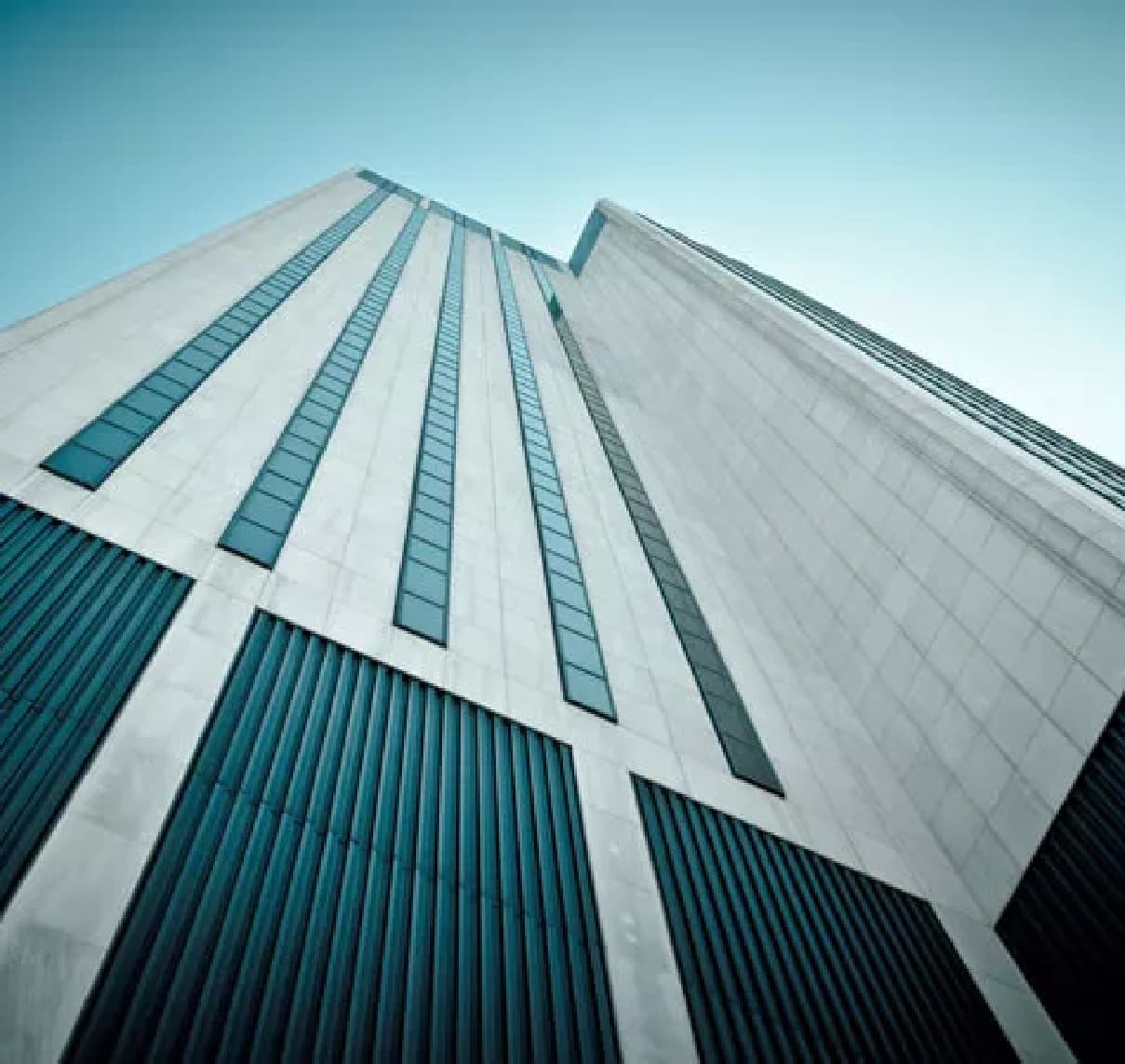Bankruptcy in Canada
Don’t face bankruptcy in Canada alone – call our team and get the support you deserve.
Safe, secure & confidential
Navigating bankruptcy together - your path to debt relief
Filing bankruptcy can be stressful and overwhelming. At Harris & Partners, we recognize the emotional toll and uncertainties that come with such a difficult financial decision. But remember this: you don’t have to face it alone.
Our team is dedicated to standing by your side, offering guidance, support, and solutions tailored to your unique situation. With our seasoned professionals, you can move towards regaining financial freedom with the dignity and respect you deserve.
Get bankruptcy help - it's a simple process
We will sit with you and take the time to fully understand your specific situation. We’re here to provide a listening ear and judgment-free, safe space.
To help you find the best solution, we’ll need the full picture, including information on your income, debt and who you owe money to. All of our consultations are free and confidential.
Once we have a full understanding of what you’re facing, we’ll start making a plan. This involves exploring every debt solution option, and only committing to things that you are comfortable with. We will never pressure you into any decisions and tailor our services to suit you.
Once you are happy with the plan, we will put it into action. You and your financial wellbeing will always remain our top priority; you can count on us for unwavering support and trustworthy guidance from start to finish.


Example Savings: Filing Personal Bankruptcy
Your Potential Debts:
Your bankruptcy repayment would be
Before Help
$38,290.53
After Help
$2,500
Monthly payments are determined based on individual financial factors
How Much Could I Save?What happens when I file for bankruptcy?
There are six steps to filing for bankruptcy in Canada:

Step 1. Initial consultation with a Licensed Insolvency Trustee
Contact a licensed insolvency trustee (LIT). An LIT can assess your financial situation to see if bankruptcy is the right option for you.

Step 2. Completing and filing bankruptcy paperwork
Sign paperwork to declare bankruptcy. The LIT will help you complete the paperwork and file it with the Office of the Superintendent of Bankruptcy (OSB).

Step 3. Notification and creditors and debt collection halt
Your creditors (the people you owe) will be informed and they will no longer be allowed to collect debts from you.

Step 4. Asset evaluation and liquidation
Your LIT will review your assets to see what is exempt from bankruptcy. Any non-exempt assets may be sold to pay your creditors, or you can arrange to buy them back from the Trustee.

Step 5. Attending a creditor's meeting (if required)
In some cases you may need to attend a creditors’ meeting where your creditors can ask you questions about your bankruptcy.

Step 6. Achieving debt discharge post-bankruptcy duties
In most cases, after completing your bankruptcy duties, you will receive a discharge from your debts. This means that most of your debts will be wiped out.

What is bankruptcy?
Bankruptcy is a debt relief solution that involves handing over your assets (like property and what you own) to a Licensed Insolvency Trustee. They will then use these assets to pay off what you owe.
In Canada, bankruptcy can last between 9 and 36 months, depending on what income you have. Either way, at the end of the bankruptcy, your debts will be canceled, offering you a fresh financial start.
We know how daunting this decision can be. The good news is that, with our Licensed Insolvency Trustees at your side, you don’t have to face it alone. They will always work with your best interests in mind, helping you find the smoothest way back to financial stability.

Is bankruptcy worth it?
We understand that debts can be overwhelming and leave you feeling like there’s nothing left to do. Since bankruptcy is a drastic measure, we would never suggest it as your first solution. That being said, it does give you a clean slate if you’re in over your head.
Declaring personal bankruptcy will eliminate most of your debt and end debt collector phone calls and visits. However, if you don’t make changes to your financial habits, it will not solve all your problems.
It essentially gives you a second chance, but what you do with that second chance is up to you. During the bankruptcy process you will receive financial counseling, which gives you the tools needed to succeed.
If you’re considering bankruptcy as an option, give our professionals a call today. They will take the time to understand your specific situation and help you find the best path back to financial freedom.

What can I keep after bankruptcy?
Because bankruptcy involves handing over your property to a Licensed Insolvency Trustee, it can be a scary decision to make. But don’t worry – you won’t be left with nothing.
Bankruptcy exemptions
In Canada, the following assets are exempt from bankruptcy:
- Essential personal belongings – Clothing, furniture, appliances and bedding
- Retirement savings – Registered retirement savings plans (RRSPs) and registered retirement income funds (RRIFs)
- Government benefits – Social assistance, employment insurance, and Canada Pension Plan (CPP) benefits
- Some types of property – Land, vehicles and tools used for self-employment
- Certain debts – Student loans, child support payments and alimony payments
- Vehicles – Any vehicles you own or depend on are protected
All of these exemptions are province-by-province, and have different exempt amounts depending on where you are. If you have questions about what you would have to hand over in a bankruptcy, give our team a call. We are always on hand to help and will be with you every step of the way.
Our Licensed Insolvency Trustees: get professional bankruptcy help
We understand that debt can be stressful and scary, but we are here to help. Our Licensed Insolvency Trustees are backed by years of experience and are ready to help you find a way through.
-
![Jay-150×150-1.png Jay harris]() Jay T. HarrisFCPA, CIRP, LITLicensed Insolvency Trustee
Jay T. HarrisFCPA, CIRP, LITLicensed Insolvency Trustee -
![Kyle-150×150-1 kyle]() Kyle HarrisLL.B., CIRP, LITLicensed Insolvency Trustee
Kyle HarrisLL.B., CIRP, LITLicensed Insolvency Trustee -
![Adam-150×150-1 (1) adam]() Adam FisherCPA, CIRP, LITLicensed Insolvency Trustee
Adam FisherCPA, CIRP, LITLicensed Insolvency Trustee -
![josh-NEW Joshua Harris]() Joshua HarrisBCOMM., MIB, CIRP, LITLicensed Insolvency Trustee
Joshua HarrisBCOMM., MIB, CIRP, LITLicensed Insolvency Trustee -
![circle-cropped-150×150-1 advisor]() David AdamsLicensed Insolvency Trustee
David AdamsLicensed Insolvency Trustee -
![doug-1.jpg (1) doug]() Doug LoiselleLicensed Insolvency Trustee
Doug LoiselleLicensed Insolvency Trustee -
![zz Rob McLernon]() Robert McLernonBComm, CIRP, LITLicensed Insolvency Trustee
Robert McLernonBComm, CIRP, LITLicensed Insolvency Trustee -
![1050_Shelley_Koehli.jpg shelley]() Shelley KoehliLicensed Insolvency Trustee
Shelley KoehliLicensed Insolvency Trustee -
![big-Picture1 (1) big-Picture]() Jill StruebyLicensed Insolvency Trustee
Jill StruebyLicensed Insolvency Trustee
Bankruptcy FAQs
Which debts can bankruptcy help you remove?
Most debts can be removed by bankruptcy, though things like student loan debt that is less than 7 years old on the date of filing, and child or spousal support will not be included.
Am I eligible to file for bankruptcy?
You are eligible to file for bankruptcy if you owe at least $1,000, are 18 years of age or older and are unable to meet your repayments.
What are my responsibilities during bankruptcy?
When you file for bankruptcy, there are some responsibilities you will have to take on. Following the bankruptcy, you will have to:
- Fully disclose all assets and liabilities
- Attend two financial counseling sessions
- Inform the trustee of any material change of income or address
- Attend all meetings called by the trustee
We know this can seem like a lot, which is why we will be on hand to help you throughout the full process.
How long does bankruptcy last?
If this is a first bankruptcy and all duties are performed fully (and there are no objections), the bankruptcy will be discharged in nine months.
How long does bankruptcy stay on credit report?
Get bankruptcy advice with Harris and Partners
Our Licensed Insolvency Trustees (previously known as Trustees in Bankruptcy) at Harris & Partners Inc. know that filing for bankruptcy can be a daunting process. Don’t go it alone; contact us before you file for personal bankruptcy in Canada. One common misconception is that only those who are out of money entirely can file for bankruptcy. This simply isn’t true. While you must show you are unable to pay bills before you file, there’s no reason to wait until you’ve run out of money completely.
For residents across the country, personal bankruptcy doesn’t have to overwhelm you. Get answers to these commonly asked bankruptcy questions; contact us anytime if you don’t see answers to your questions below.
It's never too late to obtain debt help. Book your free consultation today
- Phone number
- 800-268-8093
- hello@harrispartners.ca
Contact form
Where you can find our bankruptcy services in Canada
We operate across all provinces (except Quebec), so help is always available at a Harris & Partners office near you.
Our Debt Management Solutions

Why Harris & Partners
Our Licensed Insolvency Trustees provide a customized service that could remove up to 80% of your debt and stress, so you can breathe easier.
Our multilingual team provides support in many languages, from Farsi and Portuguese to Italian and Tamil, leaving out complicated jargon, so you understand everything, every step of the way.
Want to speak to someone in person? Our team is on hand to help at a Harris & Partners office near you.



















